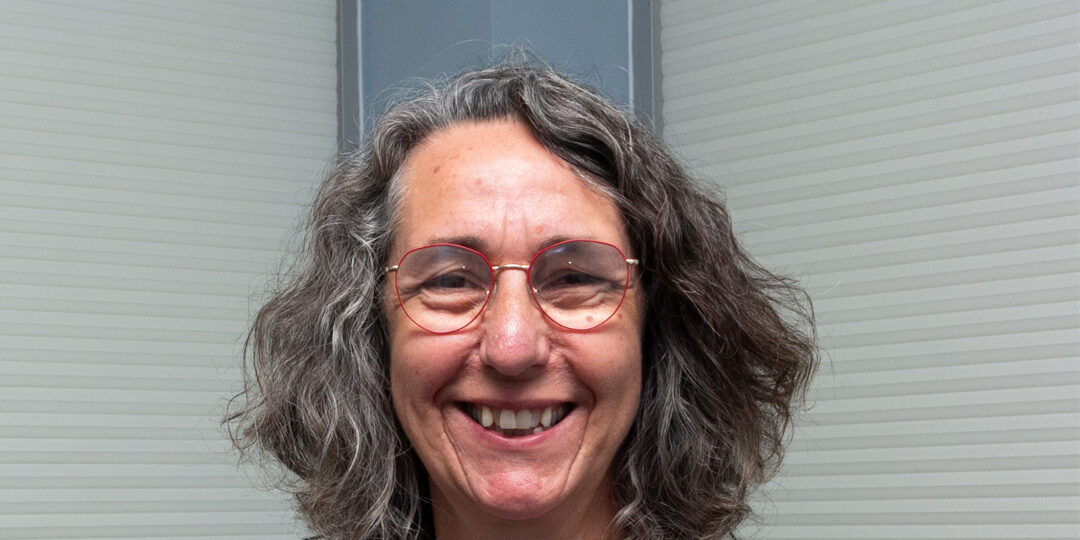Submitted by Dr. Allison Allen
NorthLakes Community Clinic

Do you know what tends to get shortchanged when we get busy? Lots of things, probably. But a big one is sleep. It tends to become an afterthought, treated as somewhat optional. We know we need our rest – but we also need to get this done, and get that done – and so we nibble at its edges in favor of our to-do list. So this is a gentle reminder for you to reconsider that approach.
As our understanding of sleep deepens, so does our awareness of its profound impact on overall well-being. It affects our mood, our memory, our ability to problem solve, our skill behind the wheel, and even our weight. The consequences of inadequate sleep extend beyond daily functioning, contributing to a range of chronic health conditions such as heart disease, kidney issues, depression, anxiety, and diabetes. It affects our relationships, too! We can tend to get short with ourselves and with others as sleep deprivation often leads to irritability and impatience.
Shortchanging ourselves on sleep sets the stage for a detrimental cycle. We’re tired, so we maybe don’t take that walk we otherwise might have. Now we’re less active, and that makes us even more fatigued. We veg out on the couch, and nothing goes with vegging on the couch like a nice snack, right? Maybe we nap a little, too. Come bedtime, between the inactivity, the nap, and the food, we may actually sleep quite poorly. This sets us up for feeling tired the next day. And the negative spiral continues.
In the winter, this all becomes even more likely. We all are familiar with the impulse to hibernate. The days are short! And cold! Unless you’re a cross-country skier, it’s all too easy to decide to just stay in. But succumbing to this temptation not only exacerbates these issues – it also leaves us light-deprived. This can make us tired and contribute to depression. Our well-being can be very affected by sunlight, (or the lack of it). If we don’t get out in what little daylight there is, we tend to feel even more low-energy.
Try setting some small goals to feel your best this winter. Weather willing, aim to get outside for at least a little while every day. Let the sunlight hit your eyeballs, especially early in the day; this helps keep your circadian rhythm on track so that you are more likely to feel alert during the day and sleepy at night, which is pretty handy, right? And if you get a little exercise while you’re out there, even just a short walk, that exercise is also going to boost your daytime energy and improve your nighttime sleep!
Consider the concept of sleep hygiene, which includes: 1) avoiding eating close to bedtime, 2) keeping your sleep area cool and dark, and 3) limiting screen time for an hour before bedtime if possible. If you have a hard time falling asleep, consider how much caffeine you consume and reduce it – or don’t drink it too late in the day. If you sleep like a baby once you lie down, then there’s no need to worry! If it’s hard for you to fall asleep, however, then it could be helpful to make a couple of changes based on the information above.
We have a lot of demands on our time, so it can feel like an uphill battle to navigate and make these behavioral changes. Trying things out for short periods of time is a great way to go!
Here’s a challenge for you: Over the next two weeks, decide to get enough sleep – which is seven to eight hours for most of us – for at least five days a week. Pick a consistent bedtime and stick with it! Try to get outside most days, too. At the end of the two-week challenge, see how you feel. I’m betting you will notice such a difference that you’ll be sold on sleep. Your body, your mind, and your mood will thank you for it!
Dr. Allison Allen is the Chief Behavioral Health Officer at NorthLakes Community Clinic in Ashland.








